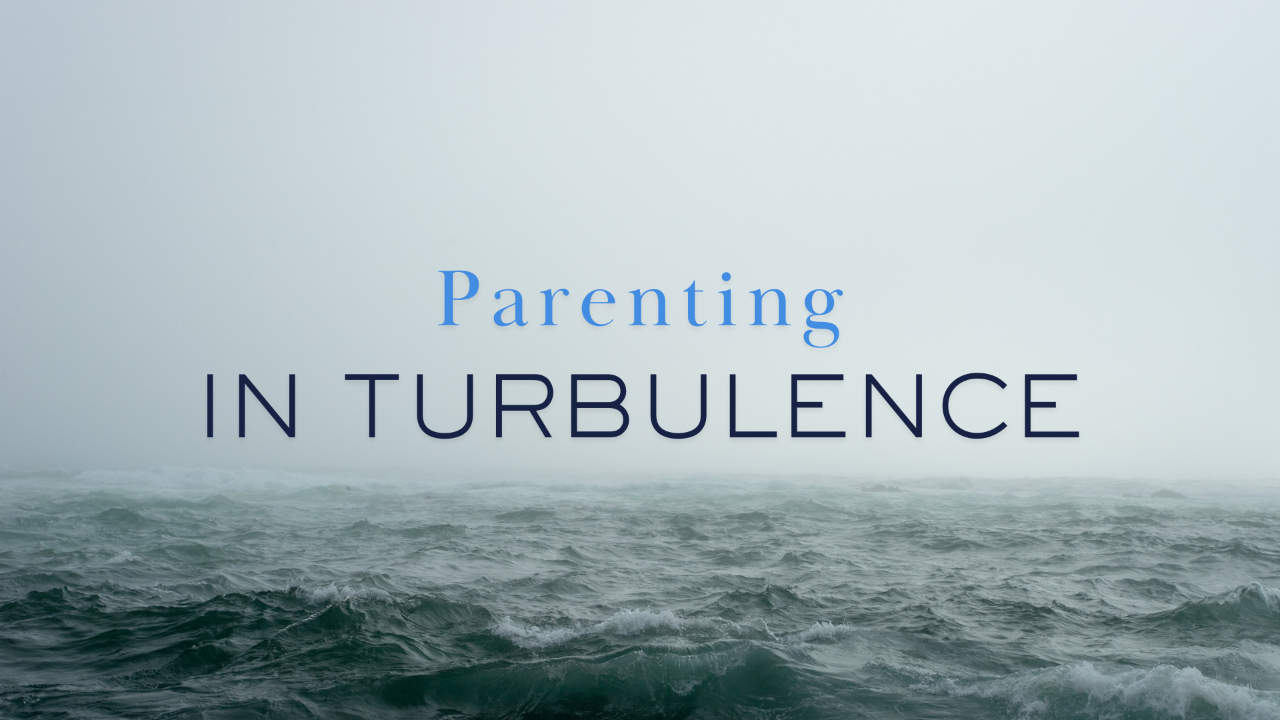Navigating the Silent Treatment: A Parent’s Guide
Parenting is a journey, one that is filled with unique challenges. One such challenge that we often encounter is dealing with the silent treatment from our children. This can be a frustrating situation, but it’s important to remember that it’s not about us, even if it feels personal. It’s about their emotions—they might be overwhelmed, frustrated, or misunderstood, possibly lacking the words to articulate their feelings.
A Simple Framework
Before we delve into the silent treatment specifically, let’s talk about a simple framework that can guide us in reacting to confounding behaviors in a helpful way. This framework is based on giving our children the benefit of the doubt and asking two questions:
- What’s going on in the environment?
- What skills does my child need to deal with the environment?
This framework won’t guarantee perfect solutions, but it will keep you in reasonably good stead when confronted with confusing beh
...






